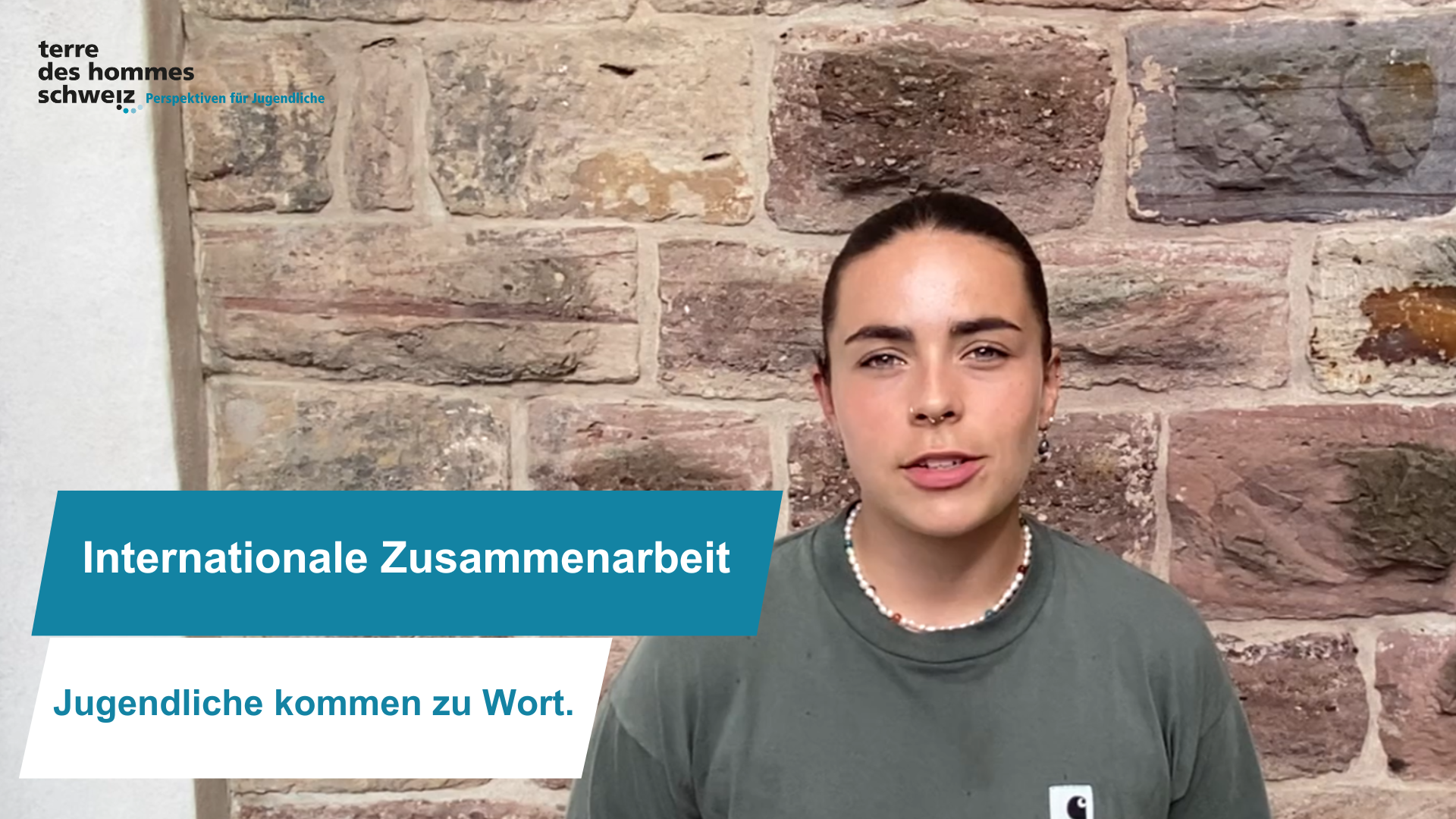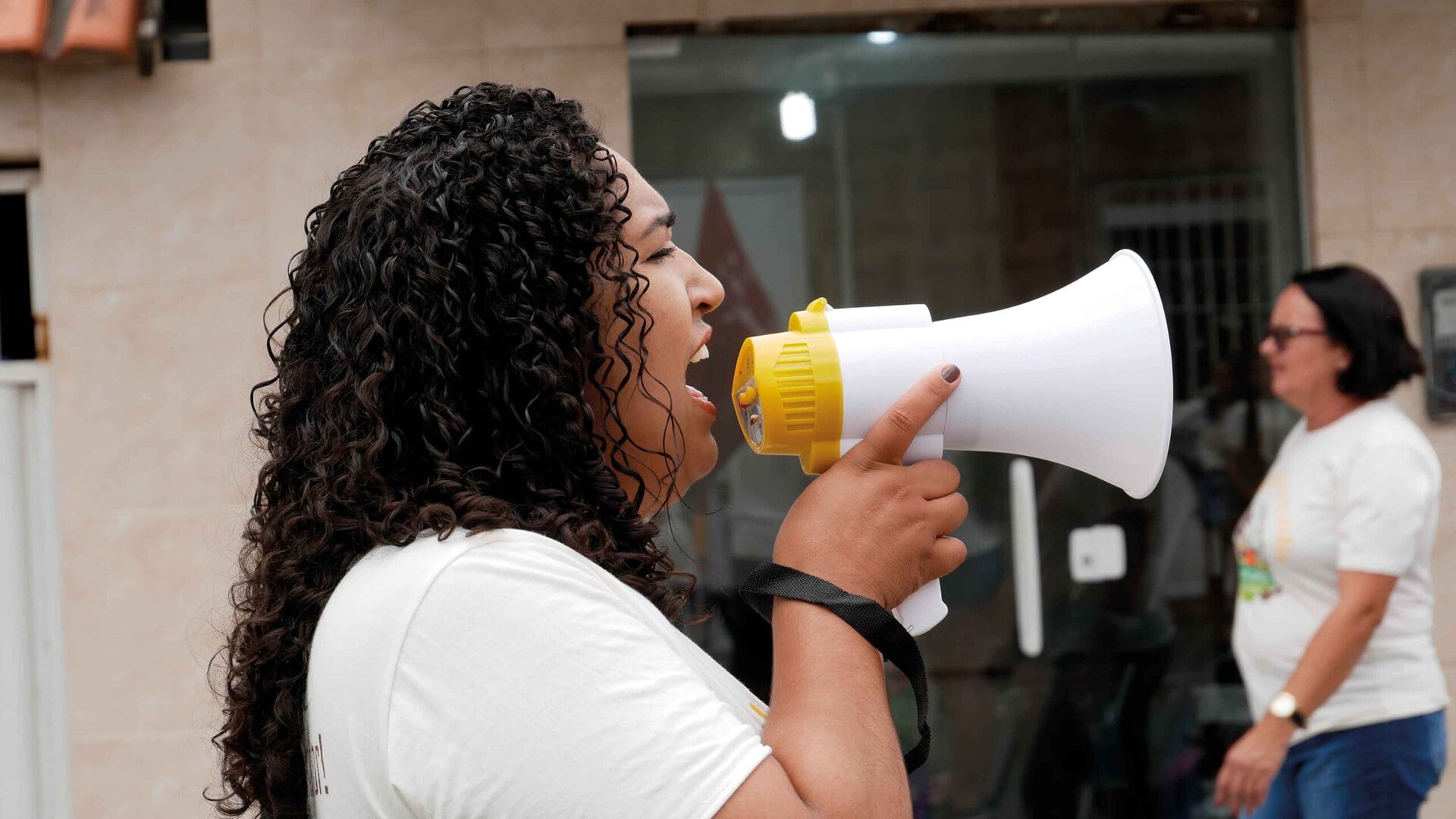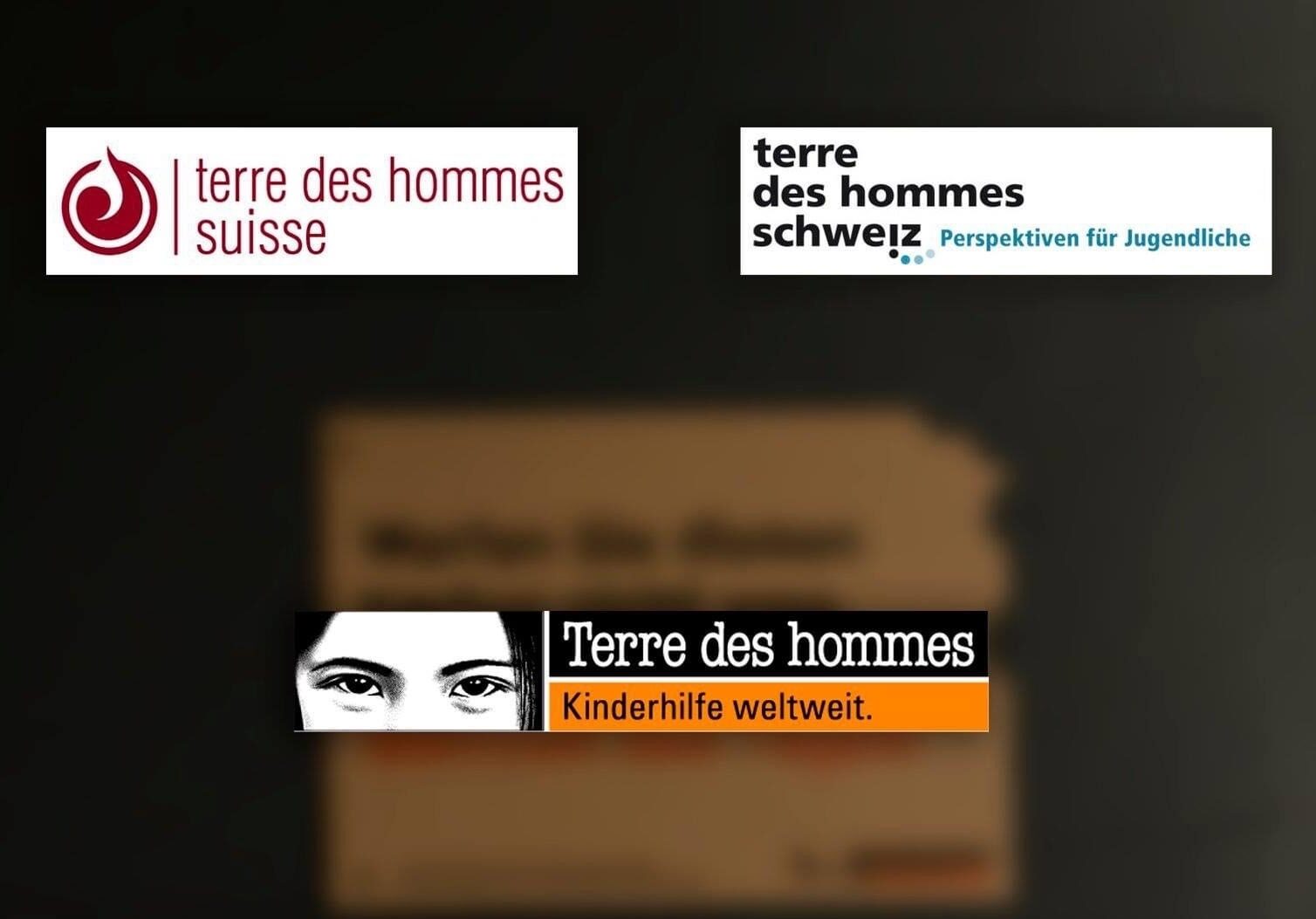The federal government wants to save on development cooperation: Next year, the new international cooperation strategy (IC) 2025 – 2028 and the budget for it will be discussed in parliament. It is already clear that cuts to international cooperation are imminent. terre des hommes schweiz asked young people in Basel for their opinion.
In February, the Federal Council announced that it would be cutting the budget for international cooperation. This clearly contradicts the opinion of the majority of the population. A recent survey shows that 65% of Swiss people are in favor of increasing this expenditure. Among young people, the figure is even higher. According to the ETH study “Security 2023”, 78% of 18- to 35-year-olds surveyed would like Switzerland to provide more development cooperation. For the vast majority of young Swiss people, it is a matter of course that their country assumes global responsibility. It is clear to them that, in view of conflicts and crises around the world, Switzerland needs to make a much more reliable commitment to the countries of the Global South. The young people in our self-organized youth project also share this opinion.
Voices of the Global Generation
Maria Ioana (24) put it this way in one of the interviews that terre des hommes schweiz conducted with young people in Basel: “Switzerland also benefited from the exploitation of the Global South during the colonial era. We therefore have a very strong responsibility. From a historical perspective, we have not yet taken this responsibility seriously, especially financially. In addition, the climate crisis is primarily the fault of the West, but the effects are particularly precarious in the Global South, which of course also has to do with social inequality. That’s why I think it’s very important to increase spending on development cooperation.”
Nils (24) argues “If you think about everything that is consumed that is based on the exploitation of labor and nature in the global South. For this reason alone, we have an obligation not only as citizens, but also as a nation state, to compensate for the abuses for which we are also partly responsible.”
Lara (22) thinks “We definitely need more money for development cooperation, because Switzerland, or Europe in general, the whole of the West has a very clear responsibility for the humanitarian and nature-related crises in the Global South. Because we all consume and profit, people and nature suffer as a result. And we cannot simply continue to live our lives and now simply save on aid and consume the same amount.”
For a policy with a future
These positions show that the upcoming generation sees itself much more as global citizens than the generations before it. International studies by Unicef prove this: A generation is growing up worldwide that thinks and feels much more globally than their parents and grandparents, a “Generation Global”, so to speak. Young people today are growing up in a highly networked, globalized world. They are digitally connected with their peers all over the world and have an international perspective thanks to their diverse experiences abroad. For them, it is clear that the major challenges of our time require transnational solutions instead of a short-sighted focus on national self-interest. For her, investing in international cooperation is an important contribution to tackling the major global crises. It is time for politicians to take the voice of young people, and thus the next generation, seriously and for the change in values, which is also underway in Switzerland, to be reflected in concrete political decisions.



